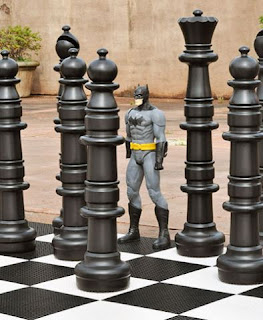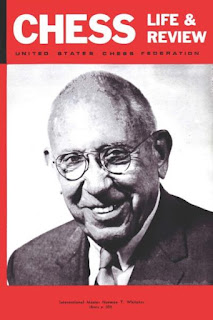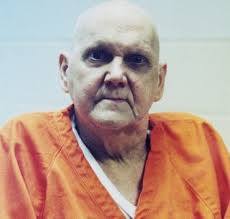Fighting and Chess

Around 1120, King Henry I (1068-1135) of England and King Louis VI (1081-1137) of France got into a fistfight over a game of chess in Paris. One story says that Louis threw the chessboard at Henry; another says that Henry hit Louis over the head with the chessboard. Courtiers stepped in to stop the fight. This episode supposedly was the start of events that kept England and France at war for almost 12 years. In 1867, Wilhelm Steinitz (1836-1900) got in a dispute with Henry Blackburne at a City of London Chess Club game. Blackburne made an insulting remark and Steinitz spat towards Blackburne. Blackburne, who was over 6 feet and 250 pounds, then smashed the diminutive Steinitz in the face with his fist. Steinitz wrote, “…he struck with his full fist into my eye, which he blackened and might have knocked out. And though he is a powerful man of very nearly twice my size, who might have killed me with a few such strokes, I am proud to say that I had the courage of attempting to spit ...



